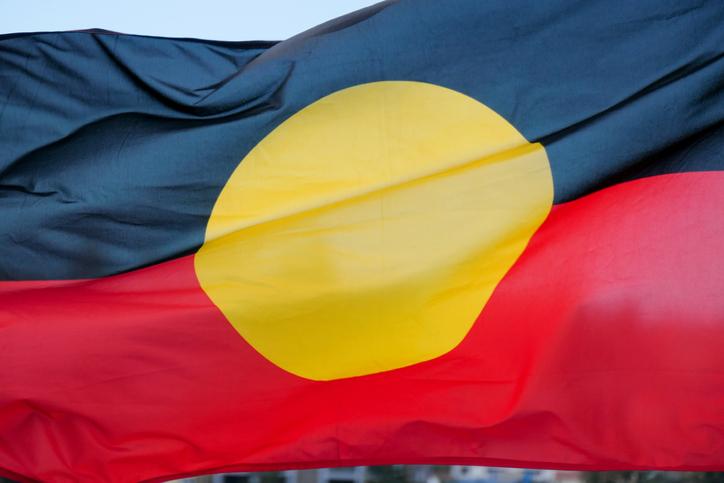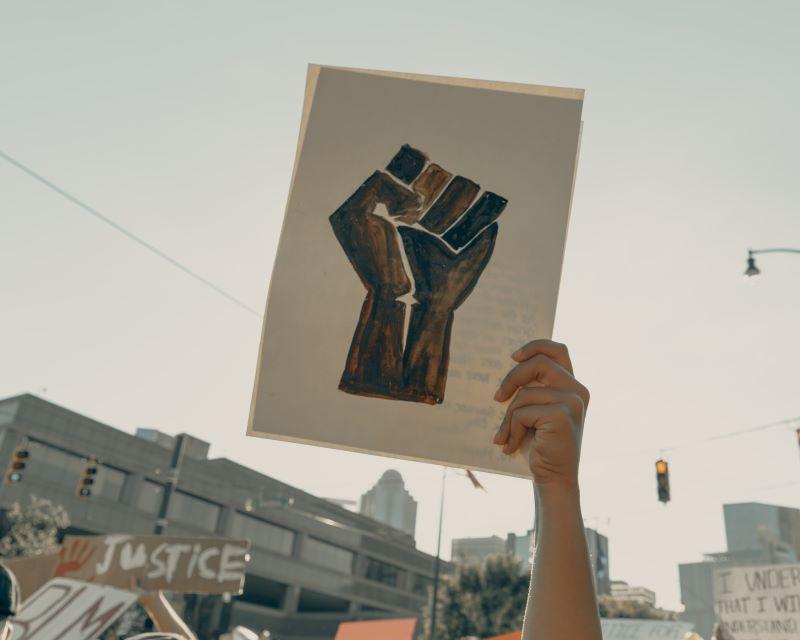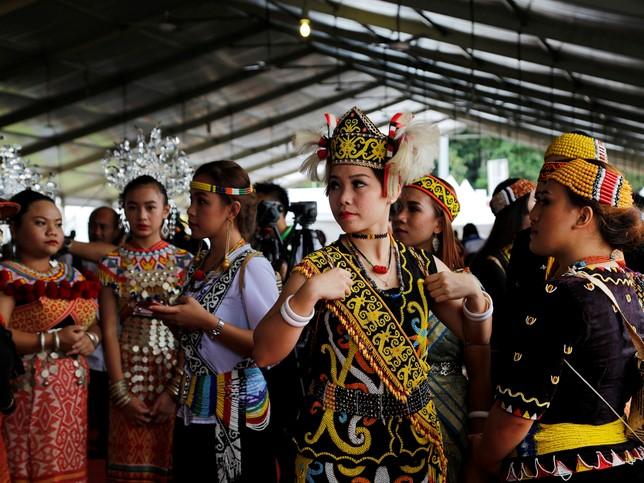Decolonisation seeks to reverse the violent acts of colonialism and is a popular concept within higher education institutions (HEIs). However, the very definition of decolonisation centres the coloniser. That’s not to say that decolonisation cannot be effective, but there are other conceptual frameworks that centre the colonised. Indigenisation recognises Indigenous people’s sovereignty, the erasure of which enables and emboldens colonialism. Seeking to elevate and respect Indigenous perspectives and knowledges, Indigenisation shifts the focus away from colonial power.
Indigenisation is increasingly popular within Australian HEIs. There are movements to Indigenise the curriculum, engage Indigenous data practices and employ ethical considerations in research. However, a foundation on which to implement these initiatives is required.
- Collection: Decolonising the curriculum
- How to decolonise initial teacher education: start with yourself
- Why is self-reflection core to decolonisation and anti-racism in the academy?
To develop a foundation, institutions must reflect on how their practices affect Indigenous staff and students. Here are four reflective questions to start you off on your Indigenisation journey.
1. How do you support the social, emotional and cultural well-being of Indigenous staff and students?
In Australia, the Indigenous definition of health takes a holistic approach to include the social, emotional and cultural well-being of individuals and communities. This definition recognises the effects of colonialism and institutionalised racism as health concerns. At University of Queensland Library (UQL), Indigenous staff are auditing Indigenous library materials. The all-Indigenous team can support one another through the emotionally and culturally taxing audit process, and non-Indigenous staff are encouraged to complete cultural competency training and to seek resources and opportunities to educate themselves on how to be a good ally before meaningfully engaging with Indigenous colleagues. This encouragement comes from senior library staff who drive change within the library, ensuring that responsibility isn’t put exclusively on to Indigenous or non-managerial staff. When auditing, the material is viewed in a private space and staff are encouraged to take regular breaks and use paid cultural or personal leave where necessary. Further, staff are provided with additional training and resources that help manage experiences of personal and generation trauma and cultural load when auditing. This highlights the great impact that subtle but meaningful approaches to social, emotional and cultural well-being can have.
2. How do your recruitment strategies consider lived experience and transferable skills?
Indigenous people face systemic barriers when entering HEIs. Entering such institutions can feel overwhelming; the monetary and time cost of studying takes a toll on individuals and communities; and support initiatives aren’t always promoted. Barriers feel greater when you consider that a university degree is often needed when applying for HEI roles. At UQL, recruitment of the all-Indigenous Aboriginal and Torres Strait Islander services and collections team prioritised transferable skills and diverse cultural and lived experience over technical experience and library qualifications. While some team members have previous library experience, other staff come from project management, media and research backgrounds; all team members have prior experience working with Indigenous communities. This emphasis on lived experience and transferable skills subverts colonial library practice and centres each staff member’s unique skill set. For Indigenisation to prosper, HEIs must acknowledge and understand the value that Indigenous people bring to the institution.
3. How do you minimise cultural load for Indigenous staff and students?
Cultural load is an additional, invisible workload that Indigenous staff and students take on. We’re often expected to be cultural advisers, spokespeople for our many diverse Indigenous cultures or the Indigenous face of the organisation. We’re also pushed into tokenistic duties outside the scope of our roles. This might be a non-Indigenous lecturer asking an Indigenous student to provide cultural or historical context within the classroom, for example, or when a non-Indigenous staff member asks an Indigenous colleague to plan Reconciliation Week events on top of their regular duties purely because of their cultural background. Cultural load is increased further when the Indigenous person then educates the non-Indigenous party as to why their actions were inappropriate.
UQL engages in a Reconciliation Action Plan volunteer programme where all staff can contribute to Indigenous projects and initiatives. This ensures that Indigenous initiatives are not the sole responsibility of Indigenous staff. This fosters an environment of collaboration and empowers non-Indigenous allies to become more knowledgeable in Indigenous matters and share the cultural load.
4. How are you implementing Indigenous governance practices and procedures?
For Indigenisation to occur, HEIs must form genuinely respectful and reciprocal relationships with Indigenous people and communities and incorporate Indigenous perspectives and knowledges into governance frameworks. At UQL, we’re developing our own frameworks based on Indigenous Cultural and Intellectual Property (ICIP) and the ATSILIRN Protocols (ATSILIRN is the trading name of the Aboriginal and Torres Strait Islander Library, Information and Resource Network). This means recognising Indigenous people’s right to self-determination by consulting Indigenous people about Indigenous matters and including an Indigenous presence on working groups and committees.
We’re also aware that Indigenous people often have cultural protocols outside institutional proceedings, so time and space are given for these protocols to be adhered to.
Further, there is buy-in from non-Indigenous colleagues and senior staff. The significance of allyship cannot be overstated as it encourages social, emotional and cultural well-being and helps minimise cultural load.
While many institutions are eager to engage in Indigenisation, the focus tends to be on the challenges instead of the opportunities. The reflective questions and examples outlined here are a starting point. It’s time to recognise the invisible labour Indigenous people exhaust in institutions and to engage Indigenisation in a genuine, reflective way.
Raelee Lancaster is library officer for Aboriginal and Torres Strait Islander services and collections at the University of Queensland.
If you would like advice and insight from academics and university staff delivered direct to your inbox each week, sign up for the Campus newsletter.




comment